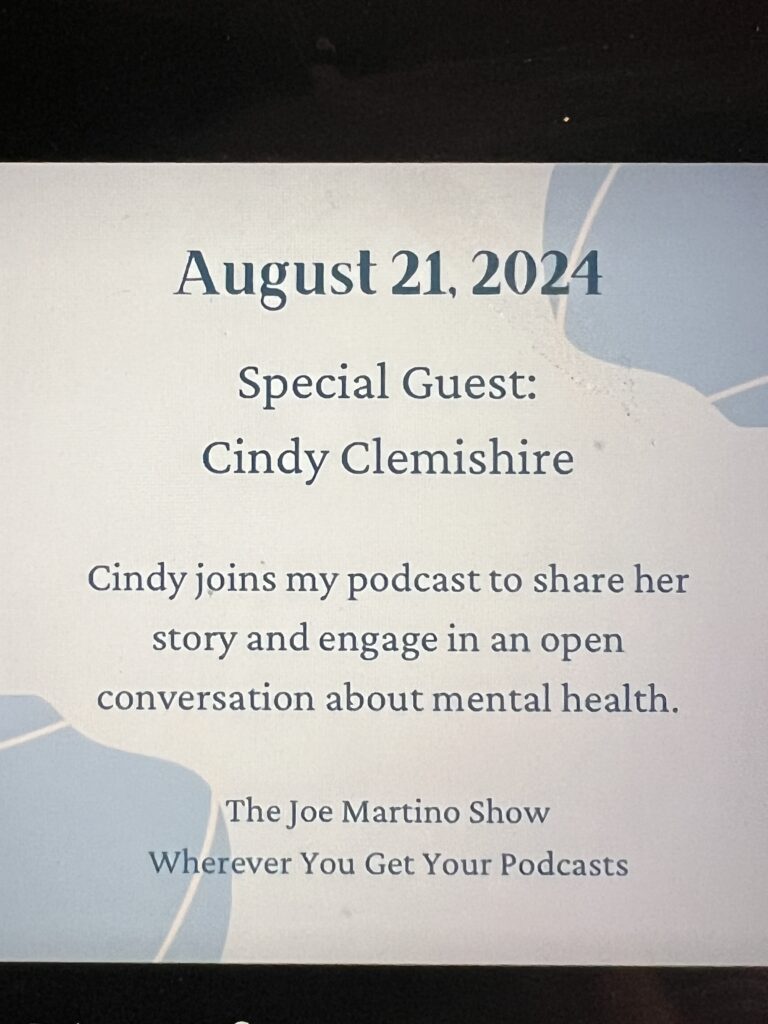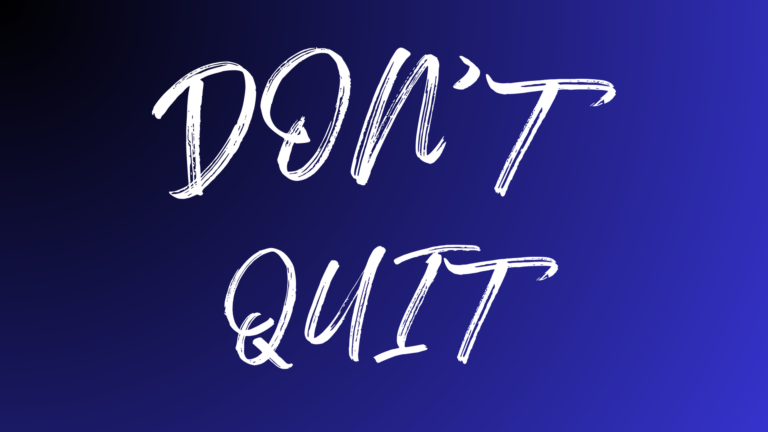Voluntary Madness is a disappointing book. I was intriqued by the premise of the book and the writing started out all right. Ms. Vincent "voluntarily" checks herself into three separate mental health organizations in attempt to bring down the system around our ears. She sets out to expose the big bad system. She doesn't actually pull it off, although she does get some points across well and manages to make a personal breakthrough in her last placement.
The interesting thing is that Norah Vincent just comes across as angry. Angry at the whole world. She slams the people who work in a mental hospital or ward calling them lazy and unsympathetic. She rants against the rules. She rants against this drugs. I actually wanted to agree with her on this one because I believe by and large we overuse drugs in our society and she made some valid points but they get lost in her anger. She blames the residents/clients who start coming to her with a sense of entitlement . The author ends the book with perhaps the best writing of the entire tome. She wonders about institutions being the way they are because of people or it is vice versa? She then turns her anger from the institutions to the people and asks,
“Why waste therapy and resources on people who will actively resist, and so derive no benefit from them anyway? Why not just medicate the bejesus out of people, when medication is the one thing that requires no effort or willpower to have an effect? If people arent’ going to heal, because they don’t want to heal, then containment is the most any system can do for them and for us. And containment is necessary.” (p. 275-76).
Ms. Vincent continues to philosophize in such a manner for a while before she flips the script and tells the reader that there is a bright side. People can help themselves. Ultimately, change is up to the individual, he or she must take responsibility for their own change. It is in this that I agree with the author fully. It is also this part that will cause thos
e entrenched “in the system” to become angry with her. This book is a quick read and not exactly a deep read. It’s a lot about the author and I never felt like I should care about her all that much. Some of her conclusions are interesting.
Ultimately, the value in this book came from being able to watch her work through her naivety (she even admits to it in the book). I’d be fascinated to meet her I suppose to see if her anger comes out in her personal life as it does in her writing. Right now, Amazon has this book for 6 bucks. It’s probably not worth a whole lot more than that, but at that price you might enjoy it. 2.5 Stars out of 5.



